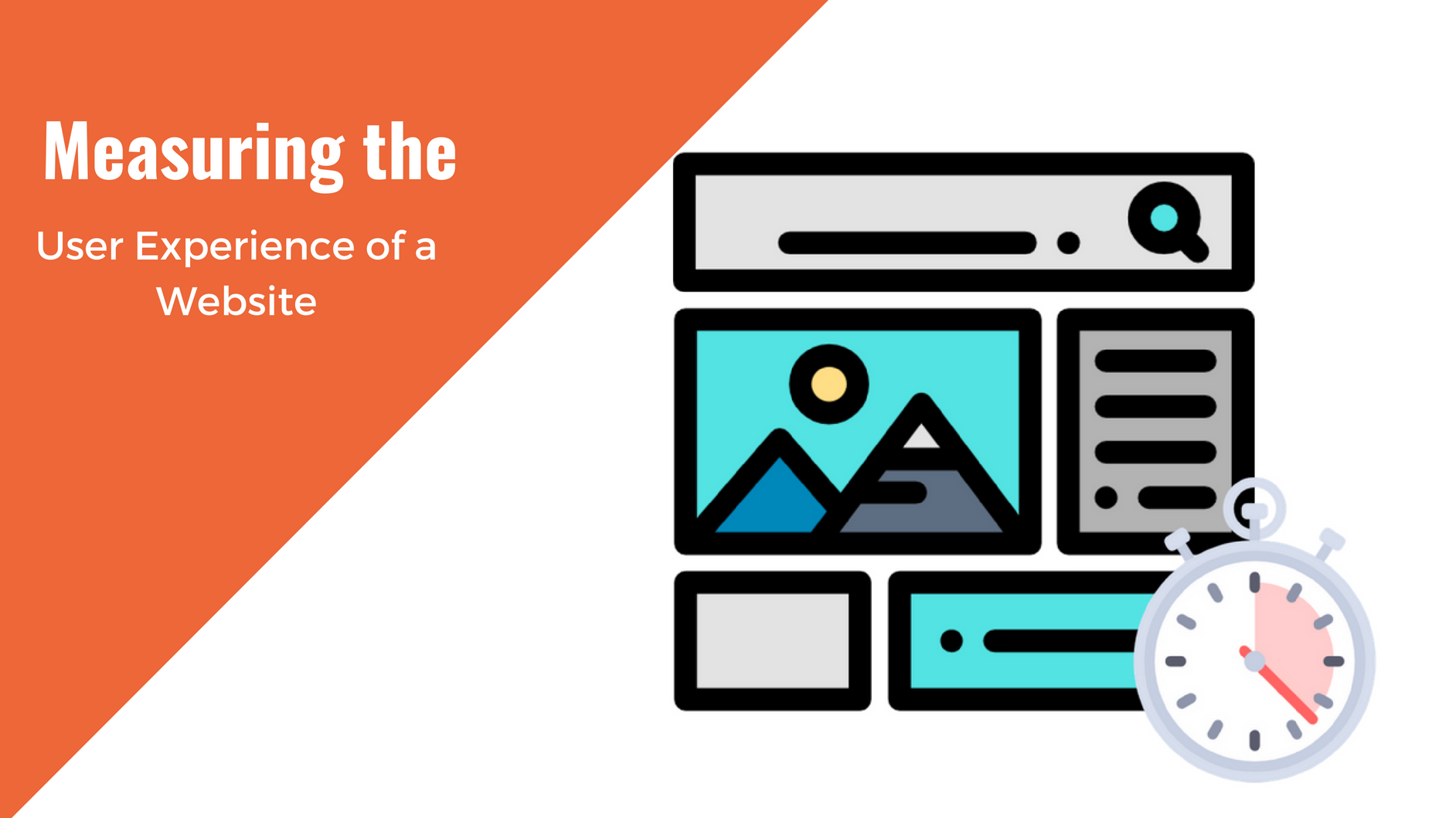We’ve partnered with John Victory from polianna.net to talk about search engine optimization, SEO. A topic that easily confuses everyone who understands it. This is video 1 in a 3 part series so check back for the rest of the series.
In under 9 minutes, John breaks down 10 common SEO vocab for any user. Grab paper and a pen and then dive right into the video!
Video transcript:
Hi this is John Victoria of Polianna search engine optimization and in today’s video we’ll be going over ten vocabulary words to help you better understand search engine optimization.
I’m excited for this video because this will give you the rundown of the SEO 101 things that you need to understand in order for you to get a fundamental understanding of SEO so that further ado let’s get started with our first vocabulary word.
The first one is Keyword. And so this phrase may be thrown around a lot and people might not really understand what a keyword is but a keyword basically it refers to one word or a phrase that you might want your website to be associated with in a Google search. And so for example income usage you know keyword can actually mean both one word in multiple words and that is a point of confusion that many people have and several presentations that I’ve done when I say keyword. People are identifying in their mind only one word but in reality keyword to mean multiple words this can mean a certain number of things for your business you know it might be a certain product it might be a service it might even just be your brand name but a keyword are those words or word that you want your website associated with.
The next one is the next vocab word is Longtail Keyword. And so this is a more drill down version of a type of keyword and so longtail keyword refers to any keyword that is four words or longer and the general trend with a longtail keyword is that they have less competition when you’re trying to rank on Google and so as a strategy many SEOs may actually go after longtail keywords vs. going after some of the shorter keywords and there’s a there’s an entire strategy behind that that on time explain you right now but going after longtail keywords first is usually the plan. And so an example of that might be best, shopping malls in Virginia as I listed and typically longtail keywords there’s usually a modifier that might be you know the best top number one and so having those additional modifiers make it easier for you to rank for a specific keyword also adding Geography called data – a keyword search also helps to make it more longtail.
The next phrase that I want to go over is a Backlink. What is a backlink? And so you should know what a backlink is because they are the backbone of good search engine optimization rankings. And all that it is it’s referring to a link from another website that points to your website and so the link comes from in many different places you know can come from a news site it can come from an article it can come from a link or an image. So what a backlink is, is that you know once you click on some place on another person’s website it goes to your website and that is considered a backlink.
On-page SEO. On-page SEO refers to all of the control changes that you can make on your own site to improve your search rankings. This refers to your actual code of your site and so things that you can control that are on-page are going to be the content, your site speed, these are experience then applicability of your site content. You know if you put a video or if you just put an article all those things are a part of on-page SEO and you contrast that with off-page SEO these are things that are external to the code of your website and these are other people’s websites you there so those are the links that are that other people might have on their website going to your website and that also impacts your search engine optimization rankings because it is off your site it is off-page which is why it’s considered off-page SEO so you can see some of the other things that is included within off-page SEO, links from other trusted websites, anchor text, optimization the traffic that may come from other sites and social media.
Anchor Text. I did mention anchor text before and so what is anchor text and so if I break down what an anchor text is it refers to the clickable text of a backlink and so you can see here I wrote in HTML the code of a link looks like this and so if you actually go deep into the code in the HTML you would see the A HREF equals quotations and then a website, And quotation and then close bracket. And so that refers to the link of you would go if you clicked on you know the clickable text. And so on another website you might see like for it say for example this is a link and it would be blue and be underlined and that’s typically how a backlink looks like so when you click so that text that you see that is the anchor text. And if you look at the if you wherever you click that link wherever it goes that’s considered the destination website, okay so that’s the differentiation the anchor text is the visible, it is the visible words that you can see and then the target website is where you actually go after that.
Organic Traffic. This refers to the website visitors who visit your website through natural searches or social media. And so let’s say that your mom from Kentucky she finds your website and goes to it she’s considered an organic visitor and that is a part of organic traffic, traffic refers to the number of people that are going to your site so organic traffic specifically though are people that find it through unpaid means non sponsored listings and so we’re not talking about Google AdWords, Facebook ads or all the paid placements but this is all the traffic that comes to your site naturally without you having to spend any money to get that done.
Domain Authority. So domain authority, this refers to a phrase that’s distributed to the SEO gurus at Moz.com. And basically it’s a measure of the power of a particular website in ranking for a keyword or helping other web sites rank. And so in the terms of your own website you’d want to have a higher domain authority because that gives you a greater capacity to rank for more keywords as well as rank for several keywords sometimes even hundreds to thousands of keywords you want to hire specifically within your niche because that will help you that will help you rank better for online searches.
The next keyword they’ll go over is the Google Dance. And the Google dance is just the is, it’s the observation that is made that for particular when you’re trying to rank for a particular keyword you’ll see your website fluctuate into rankings you might be position number four one day the next day you might be in position 11 the next day my position six and that is what we call the Google dance there isn’t anything broken with their website but it’s just that Google there’s many factors that go into the ranking algorithm of Google so you know it’s very hard to ascertain you get to look into this specific situation but it is not something to worry about and it’s always expected especially if you have a good SEO strategy.
And then Algorithm Update. And algorithm update just refers to a change in how Google ranks websites and you know that might just be their preference or it might be the direction they want to suggest website owners to go towards. And so for example having a mobile-friendly website makes it easier for people to use a website and has a better user experience on their phones and those people are using your they’re doing Google searches and we’re looking at websites on their phones. And so Google in April of 2016 they actually had an algorithm update where they had a preference for mobile-friendly sites and so that became a ranking factor and because it was a ranking factor if you had that included or had that optimizing your website you would rank higher in Google search results and so that is something you’d want to do.
So that should be the end of the presentation and I hope that I was able to explain to you ten vocabulary words to help you better understand search engine optimization if you have any questions I didn’t do a quick rundown of everything so I might not have covered the deepest concepts of these topics but you can save those for any Q&A; that you might have and we also may address that later if you send me a personal message.
So thanks again and if you have any other questions please send them to me and I’ll talk to you soon bye bye
You May Also Like

Having a website is an absolute necessity for any business. Gone are the days when you could simply update your website once and forget about it for months on end. In today’s ever-changing digital landscape it is important to constantly track and measure how well your website performs, as well…
read more >
Thomas Bertram (T. Bert) Lance famously said, "If it ain't broke, don't fix it." Unfortunately, T. Bert Lance couldn’t foresee the future. He didn’t know that over 94% of Americans would be on the internet by 2024. If your website doesn't receive periodic updates or isn't accessible, users can become…
read more >

